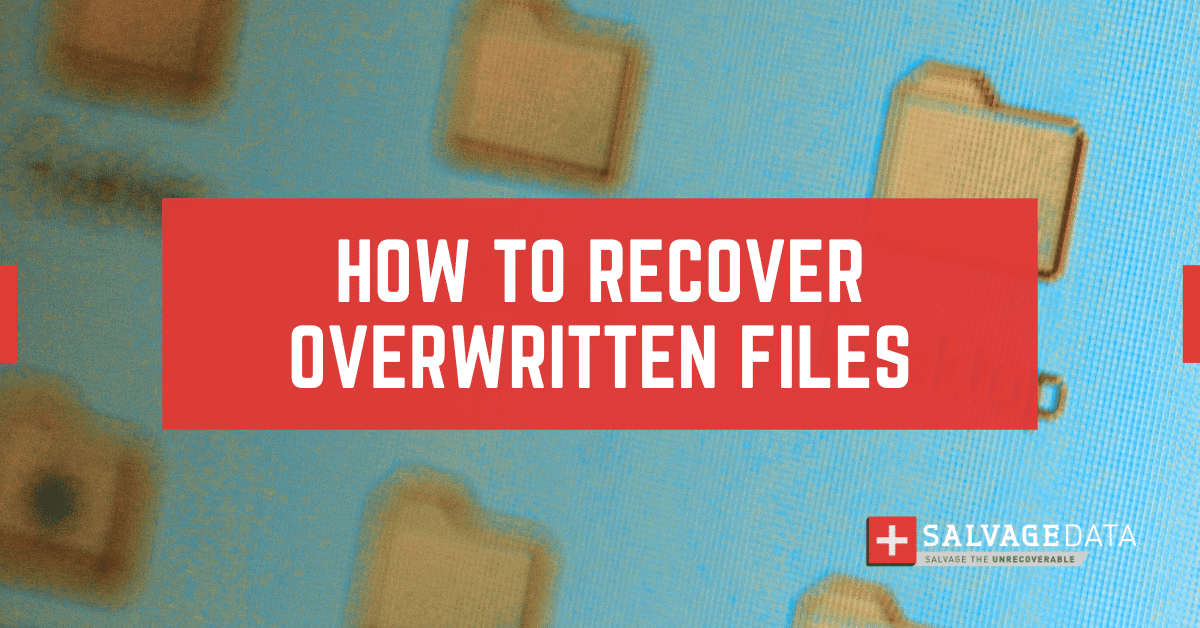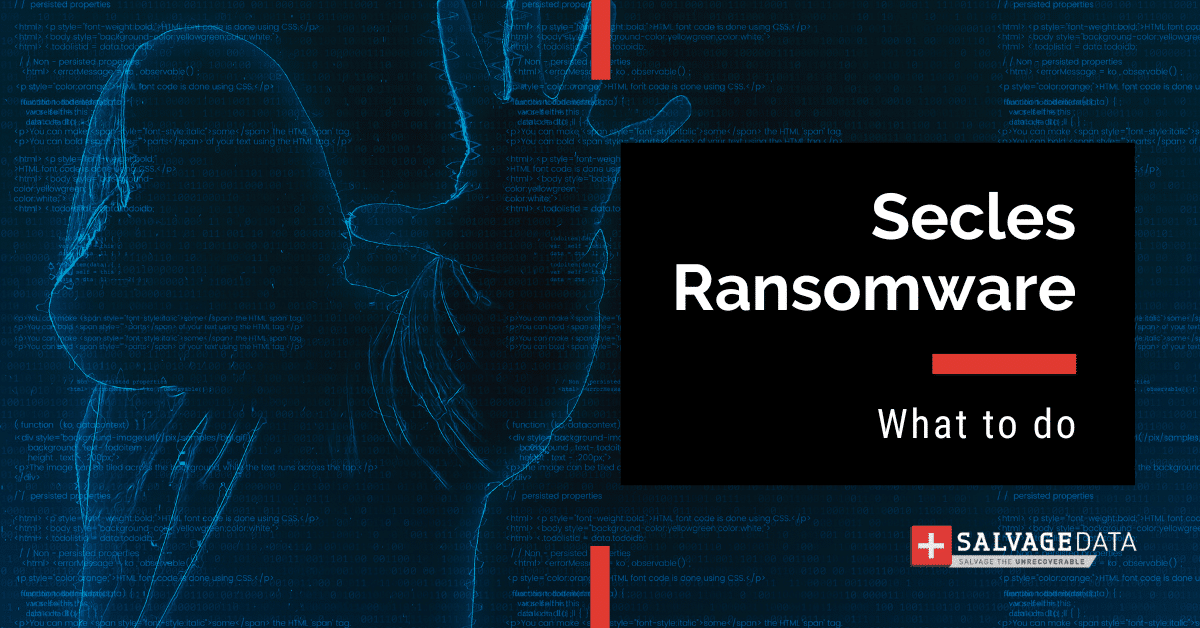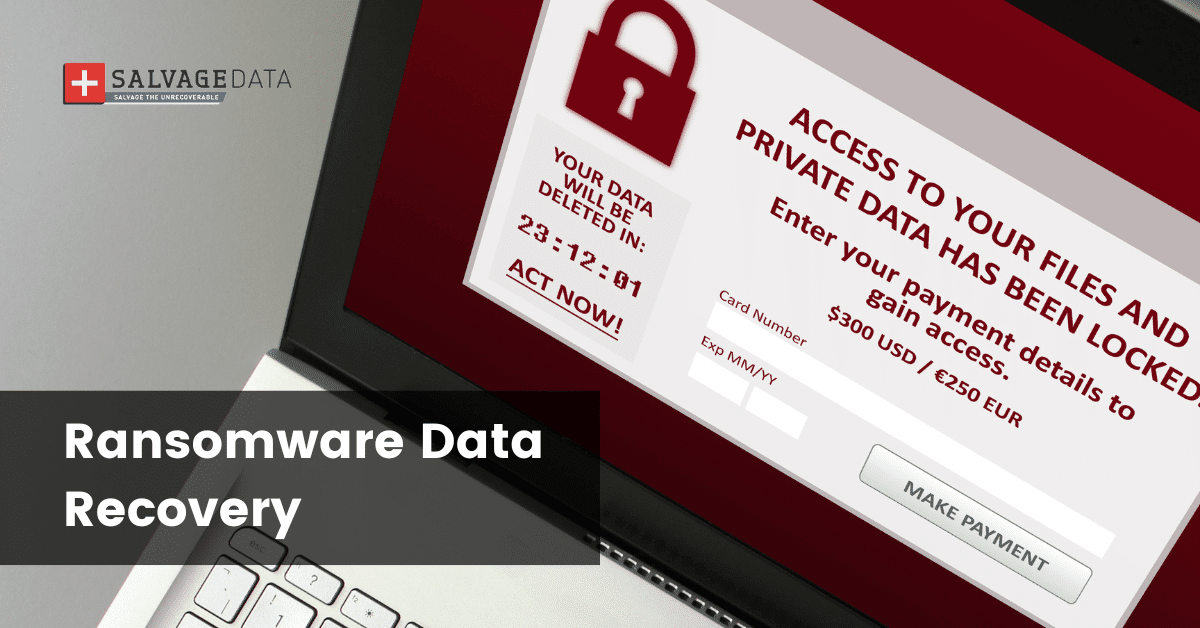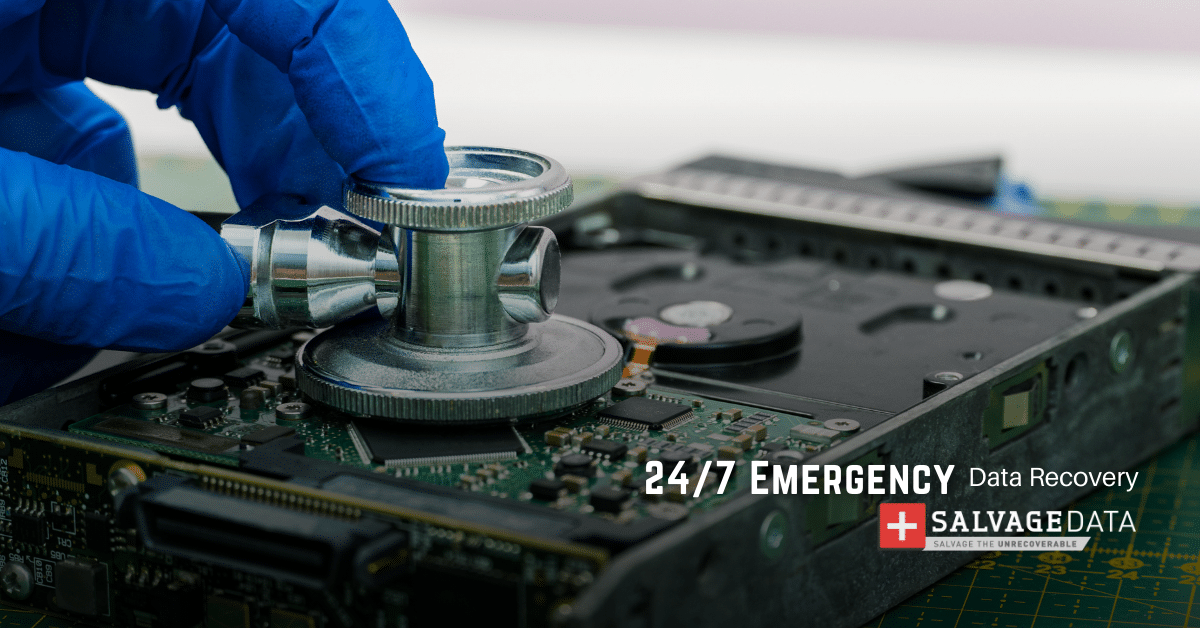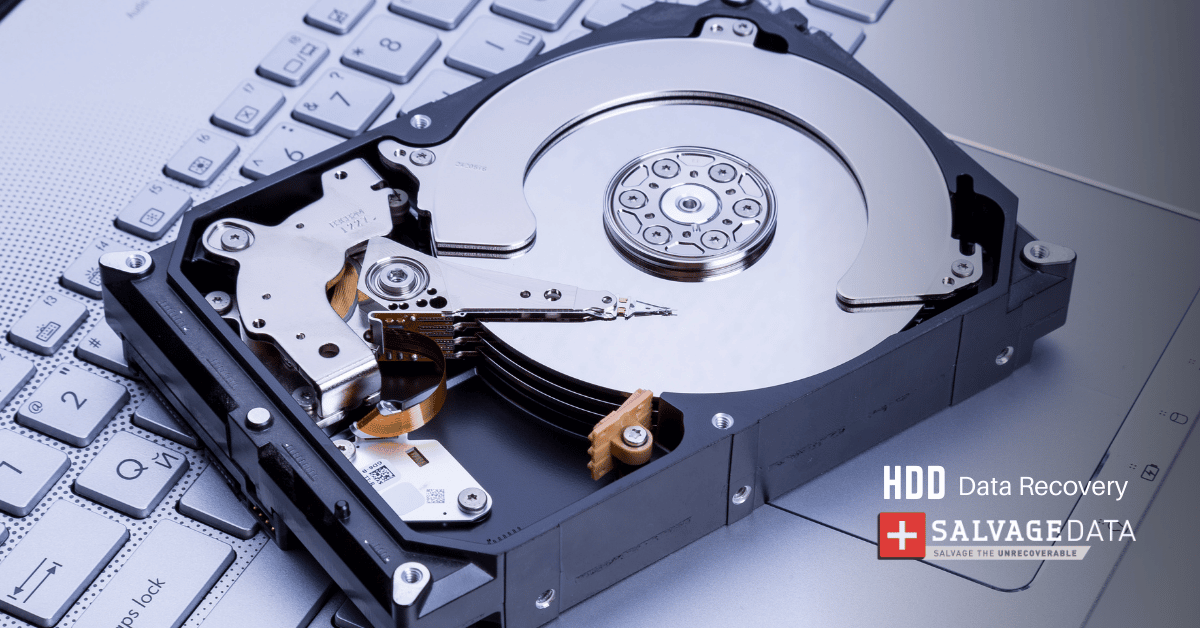Recent Articles
How To Recover Overwritten Files
The Snowflake Data Breach: A Comprehensive Overview
Mac Not Recognizing External Hard Drive: Quick Fix Solutions
How Multi-Cloud Backup Solutions Can Prevent Data Disasters
Capibara Ransomware: What is it & How to Remove
What Should a Company Do After a Data Breach: The Ticketmaster Incident
Secles Ransomware: Removal Guide
What To Do When Your Chromebook Freezes
How to Create Hyper-V Backup
What Is The Best Data Recovery Software For PC

I think there's an issue with my storage device, but I'm not sure Start a free evaluation →
I need help getting my data back right now Call now (800) 972-3282
What is Cancer Ransomware?
Cancer Ransomware is a file-encrypting virus that uses strong encryption algorithms to lock important files on the infected computer. Cancer Ransomware adds the “.locked” extension to the end of each encrypted file and demands a ransom from the victim to decrypt and recover their files. This type of malware is extremely dangerous and should be removed from your computer immediately.
How does Cancer Ransomware get on my computer?
Cancer Ransomware usually arrives on your computer via email attachments or malicious websites. Once the malware is installed, it will scan your hard drive for certain types of files and encrypt them. The ransomware will then display a ransom note with instructions on how to pay the ransom and decrypt your files.
What encryption algorithms does Cancer Ransomware use?
Cancer Ransomware uses AES and RSA encryption algorithms to lock your files. These are both very strong encryption algorithms that make it extremely difficult (if not impossible) to decrypt your files without the decryption key.
What type of files does Cancer Ransomware encrypt?
Cancer Ransomware usually targets important files, such as documents, pictures, videos, and music. However, it can also encrypt other types of files, such as databases and archives.
History of Cancer Ransomware
Cancer Ransomware was first discovered in May 2016. The original version of the malware only targeted files with the following extensions: .doc, .xls, .ppt, .pdf, .jpg, and .png. However, newer versions of Cancer Ransomware have been released that target a wider range of file types.
The biggest Cancer Ransomware attack to date occurred in August 2016, when the malware encrypted over 200,000 files on computers in 150 countries. Someone spread the ransomware via email attachments and infected computers running the Windows operating system.
How much is the ransom?
The Cancer Ransomware demands a ransom of 1 Bitcoin. The ransom note also states that the price will double after 7 days.
How can I prevent Cancer from infecting my computer?
To prevent Cancer Ransomware from infecting your computer, you should avoid opening email attachments from unknown senders and only download programs from trusted websites. You should also install an anti-virus program and keep it up-to-date.
It has infected me with Cancer Ransomware. What should I do?
The first thing you should do is disconnect your computer from the internet to prevent the malware from encrypting any more files. You should then attempt to use a specialized decryption tool to decrypt your files. If you do not have backups of your encrypted files, you may be able to recover them from a shadow copy that is created by Windows.
We do not recommend paying the ransom, as there is no guarantee that you will get your files back. Additionally, paying the ransom will only encourage the attackers to continue their malicious activities.
How can I remove Cancer from my computer?
It is important to note that Cancer Ransomware cannot be removed by anti-virus or anti-malware programs. To remove Cancer Ransomware from your computer, you will need to use a specialized decryption tool. However, it is important to note that these tools are not always successful in decrypting files, so you should only attempt to use them if you have backups of your encrypted files.
Is there a public decryption tool for Cancer Ransomware?
There is no public decryption tool for Cancer Ransomware at this time.
Contact a data recovery specialist
If you do not have backups of your encrypted files and are unable to decrypt them, you may be able to recover them by contacting a data recovery specialist. These specialists use a variety of methods to recover files from infected computers, and they may be able to help you recover your files.
SalvageData is an industry leader in data recovery, and our team of experts has successfully recovered data from Cancer Ransomware infections. Contact us today to see how we can help you.

